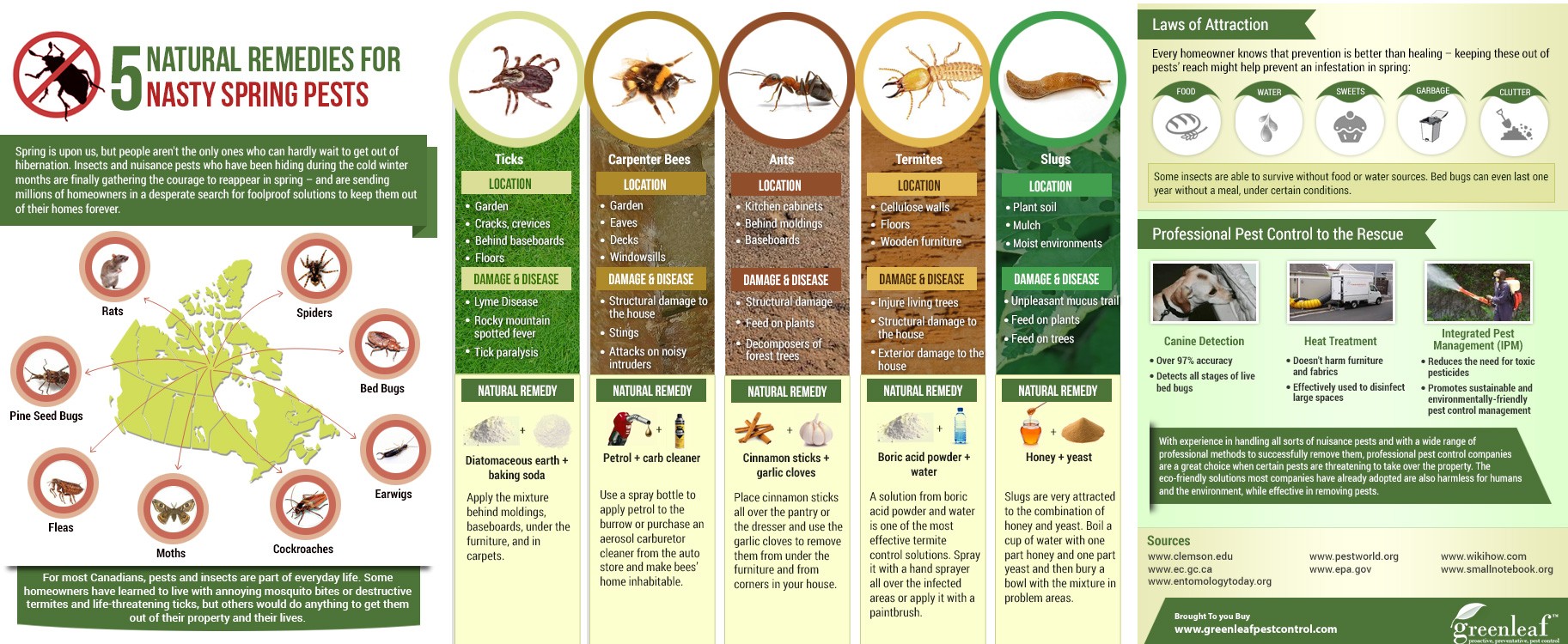Taking Care Of Rat Infestations: Insights Into Rat Psychology
Taking Care Of Rat Infestations: Insights Into Rat Psychology
Blog Article
Article Writer-Lorenzen Corbett
When it comes to rodent control, understanding usual rodent actions is vital to successfully handling problems. Did you recognize that rats have some fascinating nesting practices that might stun you? By exploring their complex behaviors, you can acquire valuable understandings right into just how to deal with rodent problems in a much more strategic and reliable fashion. So, allow's decipher the mysteries behind these animals' activities and learn how to outmaneuver them in your rodent control initiatives.
Rat Nesting Behaviors
When observing rats in their natural environment, you'll notice that they proactively look for materials to construct their nests. Rats, such as mice and rats, are clever animals that use a range of products like twigs, leaves, paper, and material to develop their homes. They're careful in their nest-building procedure, often lining their nests with softer materials like fur or plumes to develop a relaxing atmosphere.
Rodents prefer to develop their nests in hidden and safe places to shield themselves and their young from killers. Common nesting spots include wall surface tooth cavities, attics, basements, and even within insulation materials. By creating their nests in these remote areas, rodents can safely elevate their spawn far from prospective risks.
It is necessary to recognize the nesting habits of rats when carrying out control procedures. By https://www.newsweek.com/usda-sued-barbaric-killing-coyotes-wild-animals-663227 or getting rid of materials, you can prevent rats from establishing an existence in your house or building. Correct sanitation and sealing off entrance points are also crucial steps in stopping rodent problems.
Rat Feeding Patterns
After observing rodents' nesting routines, it comes to be noticeable that their feeding patterns play an essential function in their lives and behaviors. Rodents, including computer mice and rats, are opportunistic feeders, suggesting they'll eat whatever food resource is easily offered. They're largely nocturnal animals, preferring to forage for food throughout the cover of night to stay clear of predators.
Rats have a diverse diet, varying from grains, seeds, fruits, and veggies to bugs, nuts, and also little animals. This adaptability in their food options allows them to thrive in different settings, consisting of city areas where human food resources are bountiful.
Their feeding patterns aren't only driven by appetite yet likewise by the need to accumulate food for times of scarcity. This actions is particularly recognizable to prepare for cold weather or when nesting. Rats are known to hoard food in their nests or burrows, making certain a continuous food supply. Recognizing their feeding patterns is necessary in applying reliable rodent control actions to interrupt their food resources and stop invasions.
Rodent Motion and Traveling
Rodents browse their environments with dexterity and stealth, utilizing their keen detects to move promptly with their settings. These animals are adept climbers, able to range walls and upright surfaces easily. They can also squeeze with remarkably small openings, making it crucial to seal off any kind of prospective entrance points in your home.
When it pertains to taking a trip, rodents often tend to comply with acquainted paths, producing trails along walls or skirting the sides of rooms. They're creatures of habit, usually adhering to these developed routes as they forage for food or explore their environments.
Rats are recognized for their nocturnal behaviors, so you might hear them scampering around in the evening as they search for food and water. Their movements fast and unpredictable, allowing them to dart in and out of view in the blink of an eye.
Recognizing exactly how rodents relocate and travel can aid you determine possible problem locations in your home and take aggressive actions to prevent these parasites from obtaining a grip.
Final thought
As you work to regulate rats in your home, remember that comprehending their behavior is essential. By identifying their nesting practices, feeding patterns, and movement, you can efficiently prevent infestations.
Together, by taking aggressive procedures to remove food resources and seal off access factors, you can disrupt their acquainted paths and compel them to seek brand-new places, ultimately lowering the possibility of rodent existence in your space.
